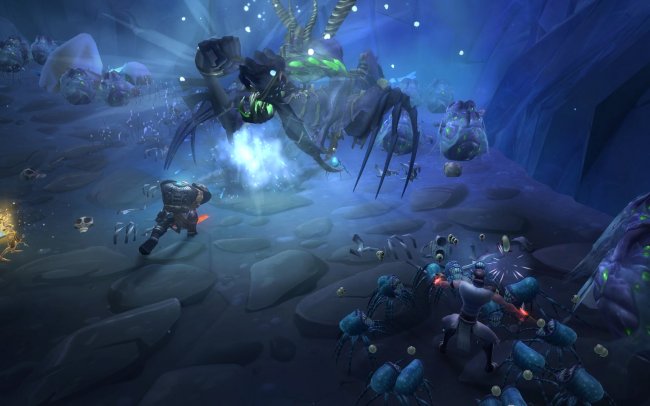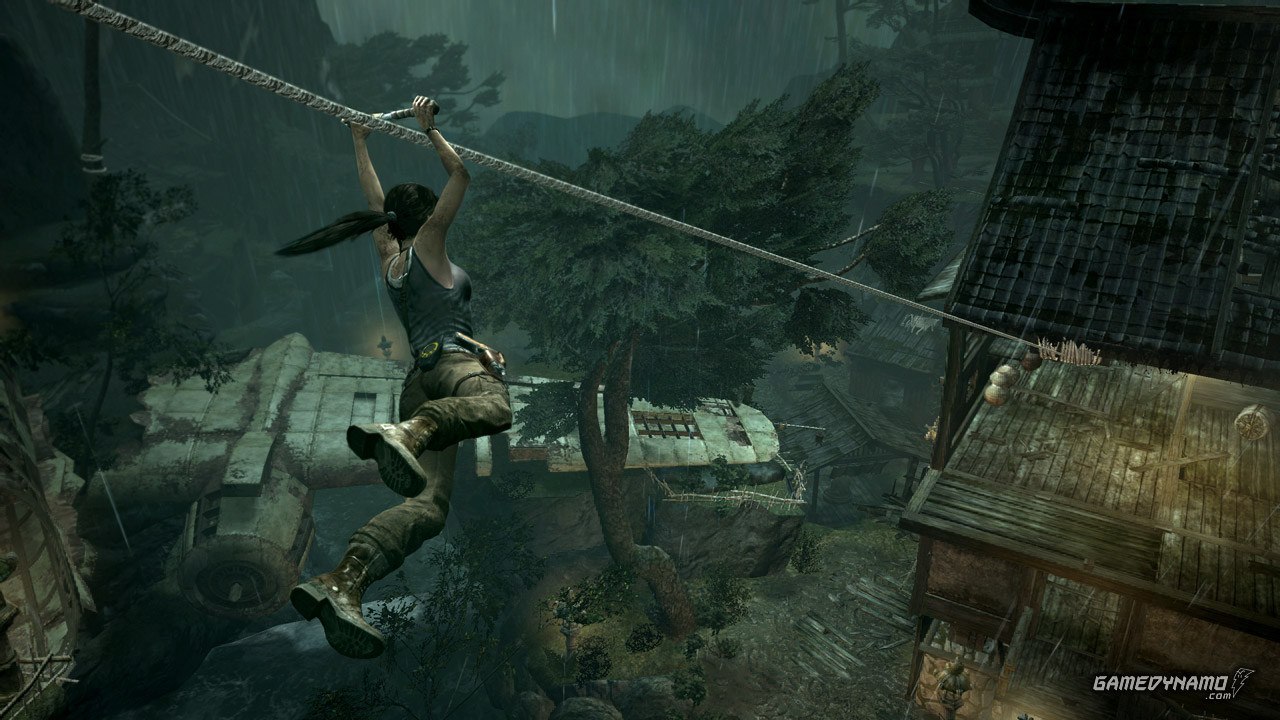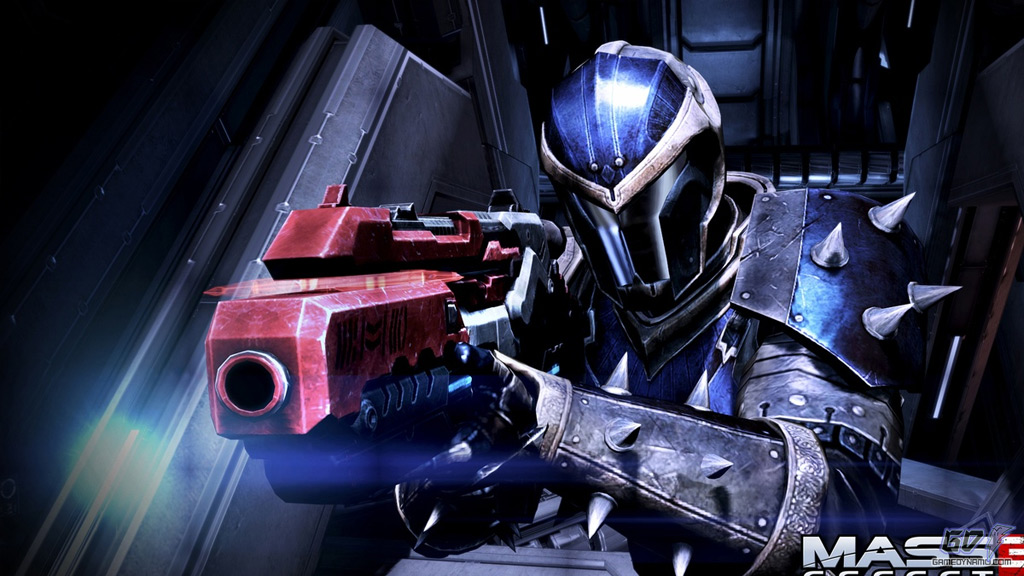Online games are a whole lot of fun, principally because you can spend hours playing against other people instead of pesky computer-controlled AI enemies which soon become a bit predictable. However, as you and your mates travel the length and breadth of many virtual worlds vanquishing many a human foe, spare a thought for the hard-working team of computers which makes your hours of enjoyment possible.
Whatever type of device, or devices, on which you may choose to play online browser games, from smartphones to PCs, the computer behind the screen is not the one doing most of the work. In fact, it is just the final link in a long, convoluted chain of boxes, wires and radio transmitters that lets you do battle in virtual worlds containing players who, in reality, may be thousands of miles apart. The real workhouses of the online gaming world, the boxes of computers at the heart of the chain, are known as 'game servers'; if fantasy MMORPG can sometimes seem like a figment of players' imaginations then the virtual game world on the screen is usually many figments of computers' memories.
'Servers' are simply computers on the internet which host information available online. For instance when you read emails you are not reading them off your computer, your are reading them off a server, probably somewhere in Silicon Valley, via your computer; hence you can read your emails on any computer connected to the internet. Although storing, receiving and sending emails might not be too strenuous, coordinating an entire game, with its world, programming scripts and all its players’ details, is a tough ask. For this reason game servers are very powerful computers and often more than one server is needed to store everything, which brings its own organisational complexities. For the largest browser games with huge fantasy worlds, this can lead to lots of electrical sweating on the part of the game servers!
Think of it this way; as you dash through streets in the latest strategy game or tire your brain out with a bout of strategy gaming, somewhere in a closely monitored room computers will be whirring away as they send each other information about which street you are in, where the other players are, how many kills you have etc., before sending it to your computer which brings it all up in front of your eyes. Of course, in less than a second all this info has been changing far faster than you can keep up with. For some, huge MMORPG software is installed on your computer to make the whole process easier; the servers can then instruct that software on how to change rather than having to send every blade of grass across the internet.
The most popular online games are programmed using Flash, a language designed for use on the internet. As a result, Flash games can be loaded from the server very quickly and then do not have to communicate with it further, instead 'cookies' and other temporary files are stored on your computer and these track any recordable changes in the game, such as win/loss stats. Even if intelligent computer teamplay cannot match that of us, it secretly underpins all of our online gaming successes!






 What are MUDs, MMOs and MMORPGs?
What are MUDs, MMOs and MMORPGs? Destiny Armor Shader List
Destiny Armor Shader List The Witcher 3: The Art of the Wild Hunt
The Witcher 3: The Art of the Wild Hunt Tomb Raider – Egg Poacher Guide
Tomb Raider – Egg Poacher Guide Mass Effect 3 War Assets Guide (Missions, Storyline, Scannable Assets)
Mass Effect 3 War Assets Guide (Missions, Storyline, Scannable Assets)